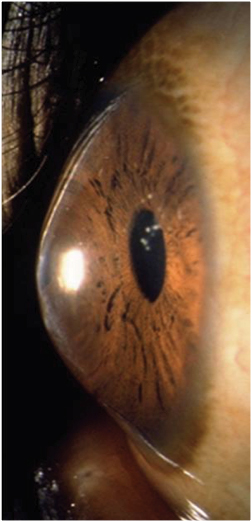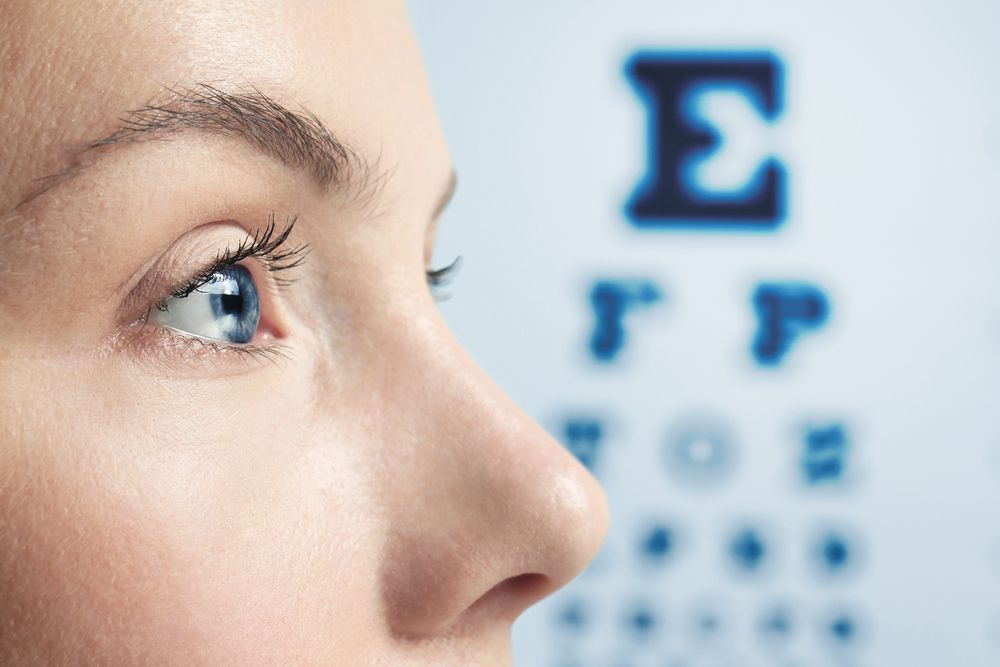Some people suffer from blurred vision with glares or halos for years without knowing that they have an ocular disease called keratoconus. This is a condition in which your normally dome-shaped cornea is not strong enough to hold its round shape and gradually bulges downward or outward into a cone shape. In this article, we’ll talk about the top 6 facts you need to know about Keratoconus.
Nobody knows what causes keratoconus
The cause of keratoconus is still largely unknown, but many experts believe that genetic and environmental factors are involved. If you have keratoconus, there’s a high chance that someone in your family also has it. You may also want to check your children’s eyes if you happen to suffer from the condition and have children. Certain conditions, such as Down syndrome, hay fever, retinitis pigmentosa, and asthma, are also thought to be the risk factors of keratoconus.
You will not go blind
It is understandable if you have a fear of going blind as your vision becomes blurred. However, you do not have to be afraid because you will not go blind from this condition. If your vision gets significantly worse, you may have a different condition and you should visit an eye doctor as soon as possible.

The progression differs from one person to another
Keratoconus often starts during adolescence, but it can also begin adulthood. The disease is usually triggered by biological changes, such as puberty and pregnancy. The progression can happen quickly or slowly over several years. It can also continue to progress for years or stop at any time. Keratoconus can eventually affect both eyes, but it typically develops in one eye first. Its progression is unpredictable and can be different from one person to another.
Stop rubbing your eyes will help
Eye rubbing can progress keratoconus. Even when you do not have keratoconus, eye rubbing is a nasty habit. In fact, it can lead to keratoconus. Vigorously rubbing your eyes is thought to traumatize your cornea, which causes it to thin and become distorted in shape. Many people with itchy eyes cannot stop until their eyes are red. As difficult as it may be, you will need to put a halt to it because it is a vicious circle that can cause and worsen keratoconus.
It is often mistaken for an allergy
Since keratoconus patients are likely to have allergies that will lead them to constantly rub their eyes, many patients are misdiagnosed. Interestingly, the specific rubbing patterns of people with keratoconus and allergies are different. The eye rubbing that people with keratoconus often do is cornea rub with a circular motion, while those with allergies usually do eyelid or conjunctival rubbing with back and forth motion.

Some severe cases may require surgery
How quickly your condition is progressing and the severity of your condition determines the treatment. If you have mild to moderate keratoconus, contact lenses and eyeglasses can treat your case. Your cornea will become stable within a few years and you likely will not require any further treatment. However, if the cornea is scarred or if you find wearing contact lenses and eyeglasses no longer provide good quality vision, you may need a corneal insert or a cornea transplant. With a corneal insert, your doctor places clear and tiny plastic inserts into your cornea to flatten the cornea, support its shape, and improve your vision. If you are recommended to undergo a cornea transplant (keratoplasty), the center of your cornea is replaced and is typically done as a last resort.
Want to check your vision? Diagnosed with keratoconus? Find the best doctor to diagnose and treat your condition to get your 20/20 vision back at MyMedItravel!

